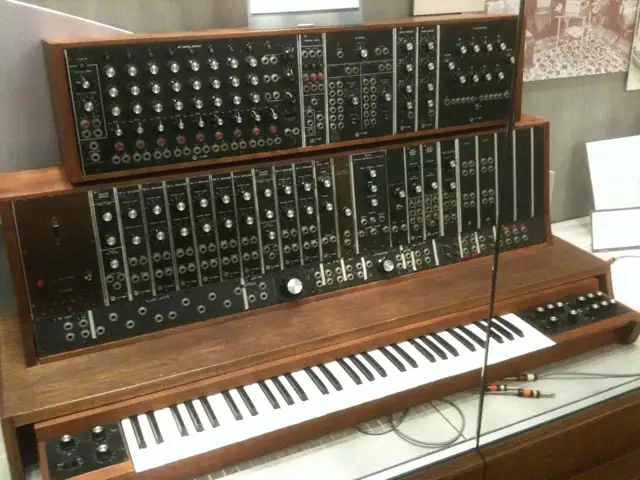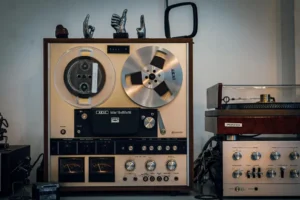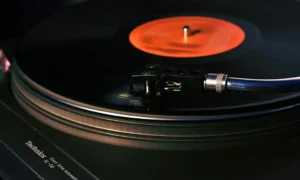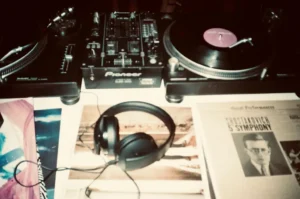In the world of music, vintage electronic instruments from the 1970s and ’80s have become highly sought after, whether in their original form or as modern software emulations. The synthesizer, as we know it today, didn’t just appear overnight with Bob Moog’s groundbreaking work in 1964. The roots of electronic keyboards trace back to 1899 with the invention of the Cahill Telharmonium.
For those fascinated by the rich history of electronic music, the book Electronic Perspectives is an invaluable resource. This compilation includes 52 columns penned by Tom Rhea for Keyboard magazine between 1977 and 1981. These writings, derived from Rhea’s Ph.D. dissertation, provide an in-depth look at the development of electronic music instruments.
The book delves into a wide array of instruments, such as the Syntronic organ, the Neo-Bechstein electric piano, Maurice Martenot’s Musical Waves (also known as the Ondes Martenot), the Pianorad, the Novachord, the Trautonium, the Electronic Sackbut, the Rhodes electric piano, and the Composer-Tron. It also includes a detailed series on the RCA Synthesizer, an early system that combined analog sound circuits with digital control mechanisms. While the pioneering contributions of Bob Moog and Don Buchla are prominently featured, the book does not extend beyond developments after 1981.
A Rich Repository of Historical Insights
In addition to Rhea’s columns, which are faithfully reproduced from the original magazine pages, the book is filled with historic photographs, concert programs, advertisements, and patent diagrams. This extensive collection is further enhanced by two CDs containing over 50 audio examples. These tracks range from early recordings with expected audio limitations to more recent, musically engaging pieces that may evoke nostalgia or curiosity.
With a price tag of $99, Electronic Perspectives offers exceptional value given its extensive content. The book is a hefty 400-page hardback, measuring 11 by 9 inches, and comes in a sturdy slipcase. However, it lacks an “About the Author” section, which could have highlighted Rhea’s significant 30-year career at Berklee College of Music.
An Essential Addition for Music Aficionados
Although the term “coffee table book” might seem outdated, the impressive presentation of this book certainly fits the description. Whether you’re looking for a conversation piece or eager to delve into the origins and evolution of electronic music, Electronic Perspectives is a must-have for any studio library.








